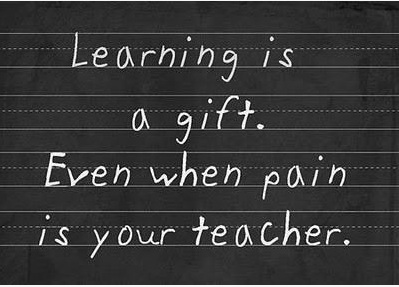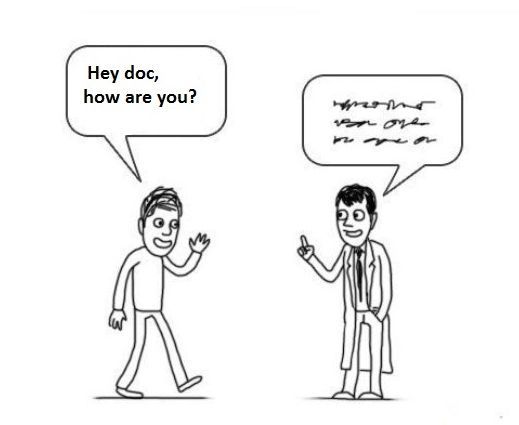by: Richard M. Kline Jr., M.D.  I think the biggest thing I learned was how important it is to have providers you trust when you are facing surgery. For me, this was relatively easy, as my wife worked with these people all the time, and I found them immediately likeable when I met them. But how is a lay person to know who to place their trust in? I think the initial step is selecting your surgeon. He or she should immediately look you in the eyes, really listen to everything you say, answer questions honestly, and never be afraid to say “I don’t know.” I think it can help if they have already operated on people you know (as I mentioned, this surgeon had operated on my Dad), but that’s usually not going to be the case. Once you have found a surgeon you trust, the rest should start to fall into place, because they will select the best team they can to help them take care of you. As it turned out, my surgery took longer than expected because it they couldn’t do it laparoscopically, and had to “open me up.” This bothered my surgeon, but it didn’t bother me. I had trust in my team, and felt that however it worked out, it was for the best. I also noticed that, by and large, everyone I came in contact with on the day of my surgery seemed to be “tuned in” to how I was likely feeling at an unusually vulnerable time. I had previously lacked firsthand experience of the importance of that empathy to patients. I think that I also gained some appreciation for how the patient can sometimes contribute to a good outcome. I think my preoperative efforts to lower my blood pressure and improve my overall fitness were helpful. On the morning of surgery my blood pressure was normal, and I think my postoperative course might have been a little easier because I was in a little bit better shape due to the exercise. And I will still prescribe to my patients those Lovenox shots, because I care about their safety – but I will do it with much more sympathy.
I think the biggest thing I learned was how important it is to have providers you trust when you are facing surgery. For me, this was relatively easy, as my wife worked with these people all the time, and I found them immediately likeable when I met them. But how is a lay person to know who to place their trust in? I think the initial step is selecting your surgeon. He or she should immediately look you in the eyes, really listen to everything you say, answer questions honestly, and never be afraid to say “I don’t know.” I think it can help if they have already operated on people you know (as I mentioned, this surgeon had operated on my Dad), but that’s usually not going to be the case. Once you have found a surgeon you trust, the rest should start to fall into place, because they will select the best team they can to help them take care of you. As it turned out, my surgery took longer than expected because it they couldn’t do it laparoscopically, and had to “open me up.” This bothered my surgeon, but it didn’t bother me. I had trust in my team, and felt that however it worked out, it was for the best. I also noticed that, by and large, everyone I came in contact with on the day of my surgery seemed to be “tuned in” to how I was likely feeling at an unusually vulnerable time. I had previously lacked firsthand experience of the importance of that empathy to patients. I think that I also gained some appreciation for how the patient can sometimes contribute to a good outcome. I think my preoperative efforts to lower my blood pressure and improve my overall fitness were helpful. On the morning of surgery my blood pressure was normal, and I think my postoperative course might have been a little easier because I was in a little bit better shape due to the exercise. And I will still prescribe to my patients those Lovenox shots, because I care about their safety – but I will do it with much more sympathy. 
People also viewed
